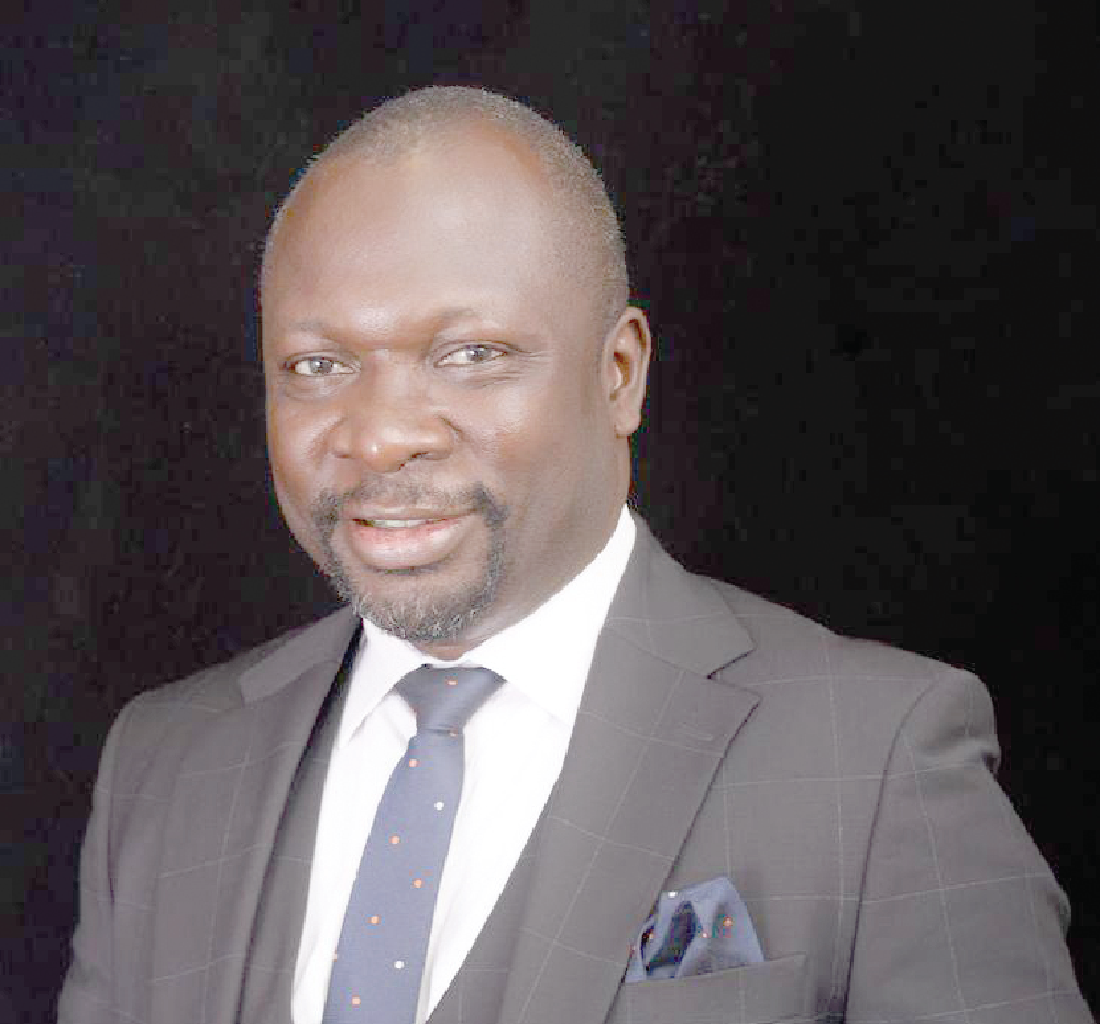
Illegal dollar trading fueling cedi fall — Bankers
BANKS have called for stringent measures to curtail access to foreign currencies (forex) in the country.
They said the easy access to forex, particularly the US dollar, through the informal sector was making it easier for people and institutions to hoard those currencies with the least sign of economic uncertainty.
The Chief Executive Officer of the Ghana Bankers Association (GAB), Mr John Awuah, said this created artificial demand for forex, leading to the perennial depreciation of the local currency.
Mr Awuah has, therefore, appealed to the Bank of Ghana (BoG) and the government to tighten control on access to forex and its discourage savings to help bolster the cedi’s fortunes.
“Until the fight against illegal change of money from cedi to US dollar and vice versa is broken down and the few that will remain are abiding strictly by the Foreign Exchange Act, we cannot win this fight to strengthen the cedi,” he said.
Policy tightening
Mr Awuah was speaking to the Graphic Business last Monday on the impact of the central bank’s current tight policy stance in mopping up excess liquidity to mute inflationary pressures and strengthen the cedi.
At an emergency Monetary Policy Committee (MPC) on August 17, the bank raised the policy rate from 19 per cent to 22 per cent and also announced the phased increment of the cash reserve ratio from 12 per cent to 15 per cent.
The central bank said the measures were needed to reduce money in circulation and spur up demand for cedi assets to help douse inflation, strengthen the cedi and raise demand for domestic bonds.
The cedi has come under intense pressure this year, resulting in it losing about 25 per cent of its value to the US dollar as of mid-August.
The steep depreciation also fueled prices pressures, resulting in inflation peaking at 31.7 per cent in July.
Insufficient measures
Commenting on the development during the interview, the GAB CEO said he found the policy decisions to be insufficient in dealing with the current causes of the depreciation.
He said the excess liquidity that the central bank aimed to curb was either unrealistic or caused by activities in the informal sector, otherwise called ‘black market.’
“I am not sure that banks have excess liquidity in the system.
“In the last two or three auctions that the government conducted, it was not able to raise the required amount.
“I am not sure if there was excess liquidity in the banks, the auctions would have failed,” he said.
“There maybe excess liquidity but that may exist in the informal sector.
“It may be with people who are putting money under their beds and speculating on the currency,” he said.
According to him, although informal sector activities were supposed to terminate in the formal banking sector, it did not necessarily happen that way.
Avenue to speculate
Mr Awuah said the issue of currency depreciation would continue to haunt the country for as long as there was an avenue to speculate on the currency.
That avenue, he said was fuelled by transactions in the informal sector, including the sprawling ‘black market’ for forex trading.
The GAB CEO defined the ‘black market’ to include the operations of forex bureau and one-man forex traders, mostly at Tip Toe Lane, Tudu, Mamobi and Osu in the Greater Accra and Alabar, Abuabo and parts of Adum in the Ashanti Region.
Way forward
Mr Awuah said unlike the banking sector where access to forex was restricted, documented and mostly backed by real demand, the same could not be said about the informal sector where patrons hardly provided identification documents and reasons for requesting the forex.
“Banks give US dollars out only for reasons that are justifiable; either you are travelling, buying something or sending to someone abroad.
“Forex bureaux do not do that in fact, as we speak, no forex bureau can access $2 million from the bank but I am sure that if you go to the ‘black market,’ you will get that amount and even more,” he said.
“Where are they getting those funds from,” he asked and further called for stricter measures to curtail inflows into the informal sector.